Access to Tradition
Access to Tradition is a course we devised for students looking to develop their skills beyond the study of the Arabic Language. What’s unique about this one year programme is that students get to survey the Islamic sciences allowing them to make a more informed decision about more in-depth study, as well as simultaneously improving their Arabic reading and writing skills.
Distance Learning
All of our classes are live online sessions. This allows optimal engagement with all our online students.
30 Week Intensive
You will cover our entire syllabus in only 30 weeks. We have devised a syllabus that is thorough yet efficient for optimal benefit.
Tried & Tested
We have put years of teaching experience together to produce a programme that includes the study of classical texts in the Arabic Language.
Supplementary Tutorials
All online students will have access to our Tutorial library, which includes detailed Grammar and Comprehension tutorials.
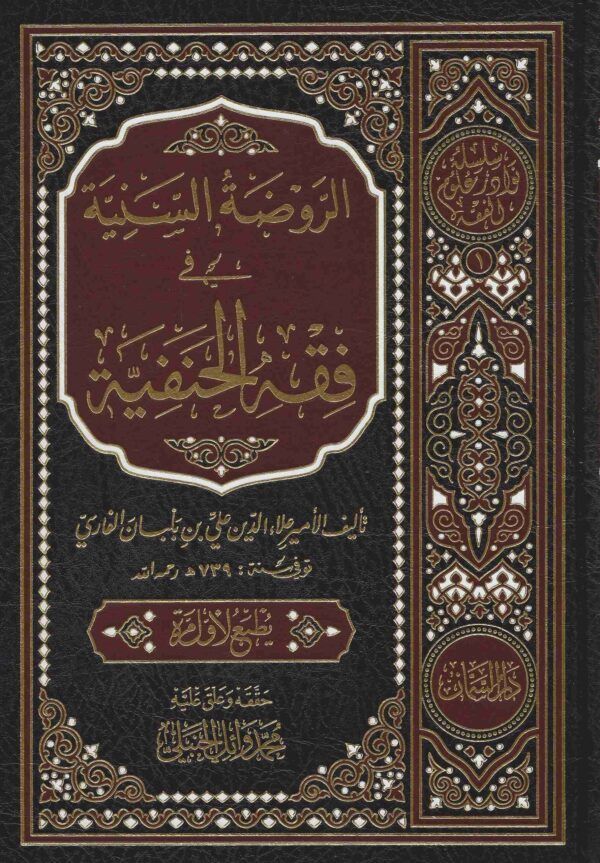
Introduction to Islamic Law
الروضة السنية في فقه الحنفية
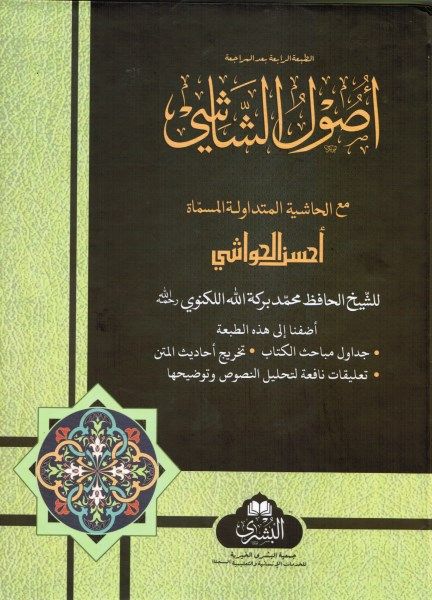
Principles of Islamic Law
اصول الشاشي
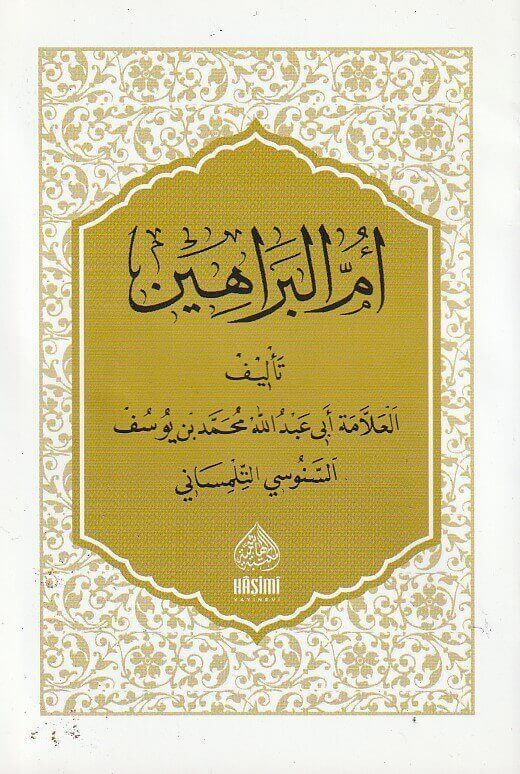
Introduction to Islamic Theologyام البراهين
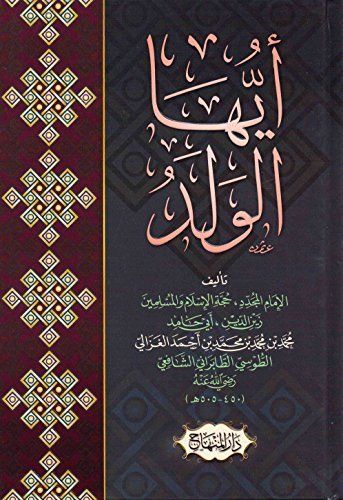
Ayyuhal Walad
ايها الولد
ايها الولد
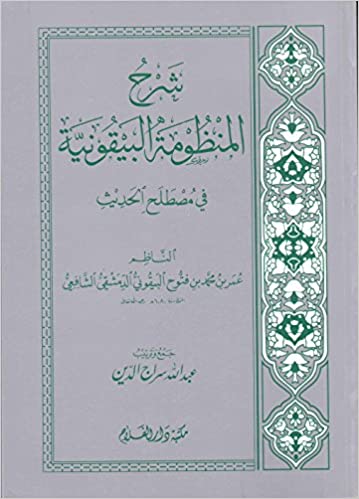
Introduction to Hadith Methodology
شرح منظومة البيقونية
شرح منظومة البيقونية
Course Details
Start Date: Sunday 22nd September 2024
Class Time: 3pm (GMT)
Choose your plan
One-Off Payment
£750
-
Live Classes
-
Complete course materials
-
Dedicated Support 7-days a week
-
Class Recordings
-
6 Month Access to all Sacred Texts Weekly Supplementary Classes
-
FREE 12 Months Access to the “Arabic Journey” Programme for Early Birds
-
Fully Featured Mobile App
Monthly 1
£48/mo
£270 up-front (non-refundable)
then 10 payments of £48
-
Live Classes
-
Complete course materials
-
Dedicated Support 7-days a week
-
Class Recordings
-
6 Month Access to all Sacred Texts Weekly Supplementary Classes
-
FREE 12 Months Access to the “Arabic Journey” Programme for Early Birds
-
Fully Featured Mobile App
Monthly 2
£30/mo
£450 up-front (non-refundable)
then 10 payments of £30
-
Live Classes
-
Complete course materials
-
Dedicated Support 7-days a week
-
Class Recordings
-
6 Month Access to all Sacred Texts Weekly Supplementary Classes
-
FREE 12 Months Access to the “Arabic Journey” Programme for Early Birds
-
Fully Featured Mobile App
